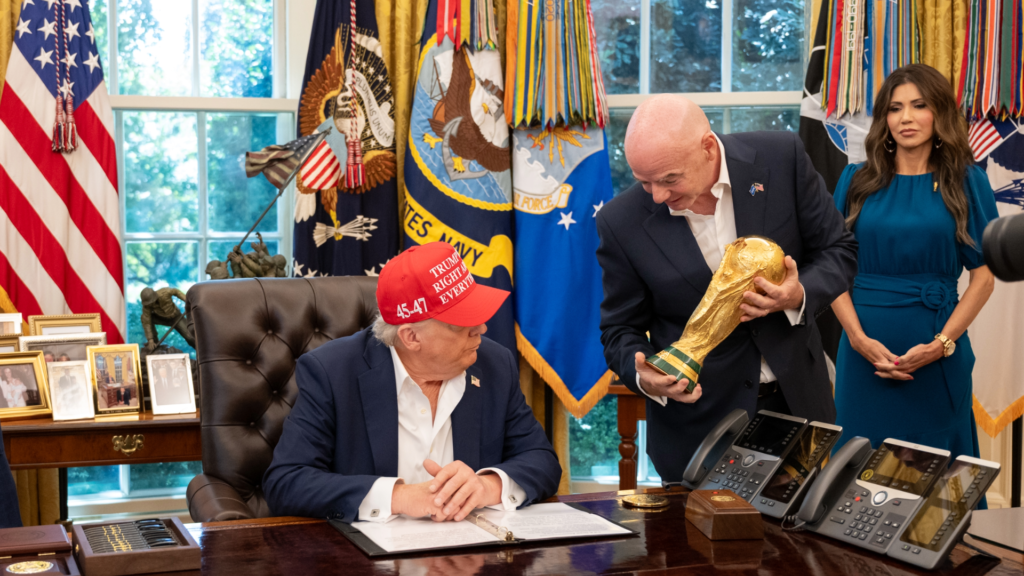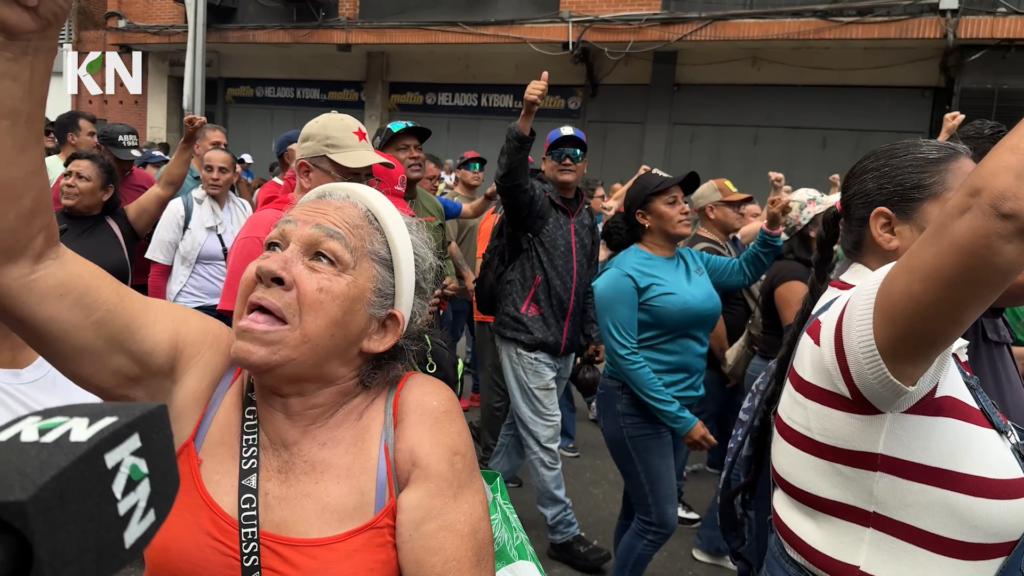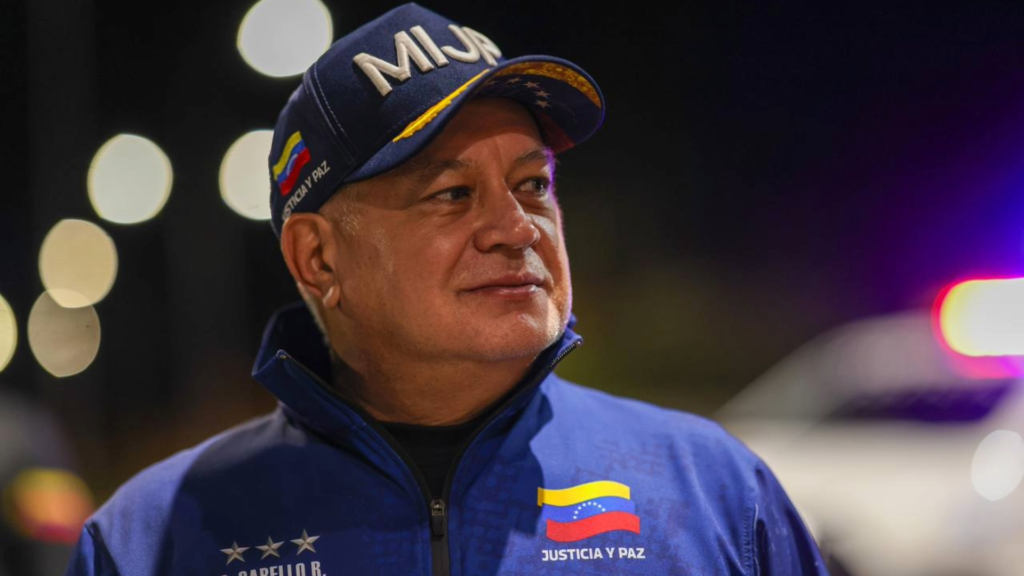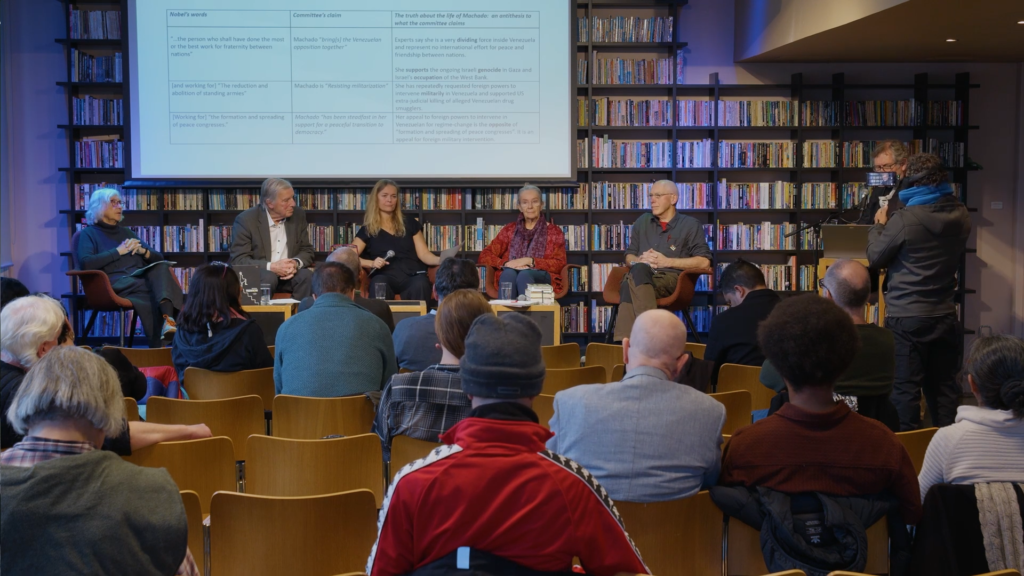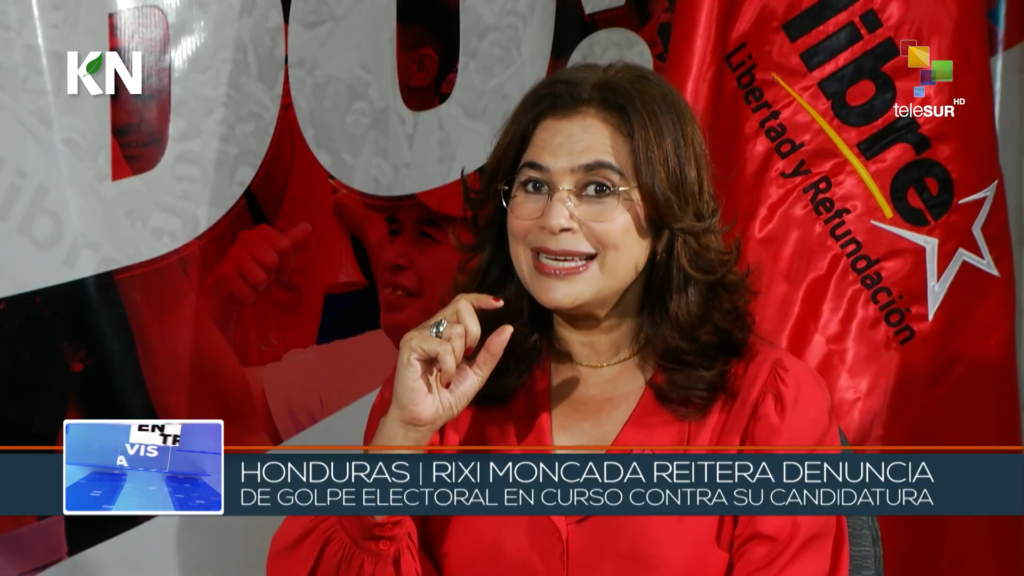Secretary Marco Rubio departs Instanbul, Türkiye May 16, 2025. (Official State Department photo by Freddie Everett)
The brief freeze and rapid partial reinstatement of National Endowment for Democracy (NED) funding in early 2025 helped expose it as a US regime-change tool. Created to rebrand CIA covert operations as “democracy promotion,” the NED channels government funds to opposition groups in Venezuela, Nicaragua and Cuba, meddling in their internal affairs.
Marco Rubio is lifting restrictions on congressionally appropriated funds and enabling the NED’s foreign meddling schemes to continue in 16 countries of Latin America and the Caribbean. pic.twitter.com/HAEWUudYWe
— Kawsachun News (@KawsachunNews) May 13, 2025
Regime change on the US agenda
In 2018, Kenneth Wollack bragged to the US Congress that the NED had given political training to 8,000 young Nicaraguans, many of whom were engaged in a failed attempt to overthrow Nicaragua’s Sandinista government. Wollack was praising the “democracy-promotion” work carried out by NED, of which he is now vice-chair. Carl Gershman, then president of the NED and giving evidence, was asked about Nicaragua’s Daniel Ortega, who had been re-elected with an increased majority two years prior. He responded: “Time for him to go.”
Seven years later, Trump took office and it looked as if the NED’s future was endangered. On February 12, the Department of Government Efficiency (DOGE) under Elon Musk froze disbursement of its congressionally approved funds. Its activities stopped and its website went blank. On February 24, Richard Grenell, special envoy to Venezuela, declared that “Donald Trump is someone who does not want to make regime changes.”
Washington’s global regime-change operations were immediately impacted and over 2,000 paid US collaborating organizations temporarily defunded. A Biden-appointed judge warned of “potentially catastrophic harm” to (not in her words) US efforts to overturn foreign governments. The howl from the corporate press was deafening. The Associated Press cried: “‘Beacon of freedom’ dims as US initiatives that promote democracy abroad wither.”
However, the pause lasted barely a month. On March 10, funding was largely reinstated. The NED, which “deeply appreciated” the State Department’s volte face, then made public its current program which, in Latin America and the Caribbean alone, includes over 260 projects costing more than $40 million.
The NED approved $6.6 million in funding for 46 interventionist operations related to Cuba, the highest for any country in Latin America and the Caribbean. @camilapress https://t.co/mTXyDVIEgl
— Kawsachun News (@KawsachunNews) May 12, 2025
US “soft power”
Created in 1983 under President Ronald Reagan following scandals involving the CIA’s covert funding of foreign interventions, the NED was to shift such operations into a more publicly palatable form under the guise of “democracy promotion.” As Allen Weinstein, NED’s first acting president, infamously admitted in 1991: “A lot of what we do today was done covertly 25 years ago by the CIA.” In short, NED functions as a “soft power arm” of US foreign policy.
The NED disingenuously operates as a 501(c)(3) private nonprofit foundation. However, it is nearly 100% funded by annual appropriations from the US Congress and governed mainly by Washington officials or ex-officials. In reality, it is an instrument of the US state—and, arguably, of the so-called deep state. But its quasi-private status shields it from many of the disclosure requirements that typically apply to taxpayer-funded agencies.
Hence we encounter verbal gymnastics such as those in its “Duty of Care and Public Disclosure Policies.” That document loftily proclaims: “NED holds itself to high standards of transparency and accountability.” Under a discussion of its “legacy” (with no mention of its CIA pedigree), the NGO boasts: “Transparency has always been central to NED’s identity.”
But it continues, “…transparency for oversight differs significantly from transparency for public consumption.” In other words, it is transparent to the State Department but not to the public. The latter are only offered what it euphemistically calls a “curated public listing of grants” – highly redacted and lacking in specific details.
NED enjoys a number of advantages by operating in the nether region between an accountable US government agency and a private foundation. It offers plausible deniability: the US government can use it to support groups doing its bidding abroad without direct attribution, giving Washington a defense from accusations of interference in the internal affairs of other countries. It is also more palatable for foreign institutions to partner with what is ostensibly an NGO, rather than with the US government itself.
The NED can also respond quickly if regime-change initiatives are needed in countries on Washington’s enemy list, circumventing the usual governmental budgeting procedures. And, as illustrated during that congressional presentation in 2018 on Nicaragua, NED’s activities are framed as supporting democracy, human rights, and civil society. It cynically invokes universal liberal values while promoting narrow Yankee geopolitical interests. Thus its programs are sold as altruistic rather than imperial, and earn positive media headlines like the one from the AP cited above.
But a look at NED’s work in Venezuela, Nicaragua and Cuba suggests very much the opposite.
Venezuela
Venezuela had passed an NGO Oversight Law in 2024. Like the US’s Foreign Agents Registration Act, but somewhat less restrictive, the law requires certification of NGOs. As even the Washington Office on Latin America (WOLA) – an inside-the-beltway promoter of US imperialism with a liberal gloss – admits: “Many Venezuelan organizations receiving US support have not been public about being funding recipients.”
The pace of Washington’s efforts in Venezuela temporarily slowed with the funding pause, as US-funded proxies had to focus on their own survival. Venezuelan government officials, cheering the pause, viewed the NED’s interference in their internal affairs as a violation of Venezuelan sovereignty. In contrast, the US-funded leader of the far-right opposition, Maria Corina Machado, begged for international support to make up for the shortfall from Washington.
WOLA bemoaned that the funding freeze allowed the “Maduro government to further delegitimize NGOs” paid by the US. Hundreds of US-funded organizations, they lamented, “now face the grim choice of going underground, relocating abroad, or shutting down operations altogether.”
With the partial reinstatement of funding, now bankrolling at least 39 projects costing $3.4 million, former US senator and present NED board member Mel Martinez praised the NED for its “tremendous presence in Venezuela… supporting the anti-Maduro movement.”
Nicaragua
Leading up to the 2018 coup attempt, the NED had funded 54 projects worth over $4 million. Much of this went to support supposedly “independent” media, in practice little more than propaganda outlets for Nicaragua’s opposition groups. Afterward, the NED-funded online magazine Global Americans revealed that the NED had “laid “the groundwork for insurrection” in Nicaragua.
One of the main beneficiaries, Confidencial, is owned by the Chamorro family, two of whose members later announced intentions to stand in Nicaragua’s 2021 elections. The family received well over $5 million in US government funding, either from the NED or directly from USAID (now absorbed into the State Department). In 2022, Cristiana Chamorro, who handled much of this funding, was found guilty of money laundering. Her eight-year sentence was commuted to house arrest; after a few months she was given asylum in the US.
Of the 22 Nicaragua-related projects which NED has resumed funding, one third sponsor “independent” media. While the recipients’ names are undisclosed, it is almost certain that this funding is either for outlets like Confidencial (now based in Costa Rica), or else is going direct to leading opponents of the Sandinista government to pay for advertisements currently appearing in Twitter and other social media.
Cuba
In Latin America, Cuba is targeted with the highest level of NED spending – $6.6 million covering 46 projects. One stated objective is to create “a more well-informed, critically minded citizenry,” which appears laughable to anyone who has been to Cuba and talked to ordinary people there – generally much better informed about world affairs than a typical US citizen.
Cuba’s Foreign Minister Bruno Rodríguez criticized the NED’s destabilizing activities, such as financing 54 anti-Cuba organizations since 2017. He advised the US administration to review “how many in that country [the US] have enriched themselves organizing destabilization and terrorism against Cuba with support from that organization.”
Washington not only restored NED funding for attacks on Cuba but, on May 15, added Cuba to the list of countries that “do not fully cooperate with its anti-terrorist efforts.”
The US government sponsored the media war against Evo Morales.
— Kawsachun News (@KawsachunNews) May 12, 2020
Right-wing news agency @noticiasfides received $86,629 from the State Department's NED, in the two years leading up to the coup: https://t.co/CdCOKJ5sjY pic.twitter.com/HkYJGIbvRA
The NED: Covert influence in the name of democracy
Anyone with a basic familiarity with the Washington’s workings is likely to be aware of the NED’s covert role. Yet the corporate media – behaving as State Department stenographers and showing no apparent embarrassment – have degenerated to the point where they regularly portray the secretly funded NED outlets as “independent” media serving the targeted countries.
Case in point: Washington Post columnist Max Boot finds it “sickening” that Trump is “trying [to] end US government support for democracy abroad.” He is concerned because astroturf “democracy promotion groups” cannot exist without the flow of US government dollars. He fears the “immense tragedy” of Trump’s executive order to cut off funding (now partially reinstated) for the US Agency for Global Media, the parent agency of the Voice of America, Radio Marti, and other propaganda outlets.
Behind the moralistic appeals to democracy promotion and free press is a defense of the US imperial project to impose itself on countries such as Venezuela, Nicaragua and Cuba. Those sanctioned countries, targeted for regime change, need free access to food, fuel, medicines and funding for development. They don’t need to hear US propaganda beamed to them or generated locally by phonily “independent” media.
Roger D. Harris is with the Task Force on the Americas, the US Peace Council, and the Venezuela Solidarity Network. Nicaragua based John Perry is with the Nicaragua Solidarity Coalition and writes for MR Online, the London Review of Books, FAIR and Covert Action, among others.


